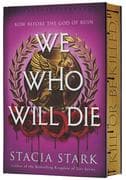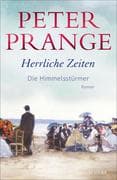Edgar Wallace, born Richard Horatio Edgar Wallace on April 1, 1875, in Greenwich, London, was a prolific British writer. Overcoming a modest upbringing and little formal education, Wallace emerged as a literary phenomenon known for his intense work ethic and prodigious output. By the time of his death on February 10, 1932, he had authored more than 175 novels, 24 plays, and numerous articles and short stories. His works encompass a variety of genres, including crime, adventure, and historical fiction, solidifying his reputation as a master storyteller with a knack for fast-paced narratives and suspenseful plots. Wallace's contribution to the genre of thriller fiction is particularly significant; his novels, such as 'The Four Just Men' and 'Sanders of the River', allowed him to carve a niche that paralleled the works of his contemporaries like Sir Arthur Conan Doyle and Agatha Christie. Delving into the world of film, his personal experiences were encapsulated in the engaging 'My Hollywood Diary', offering insights into the intersection of literary and cinematic worlds during the early 20th century. His influence extended beyond the page, as several of his works were adapted for the screen. A founding trope maker, Wallace's characters and story arcs laid the groundwork for modern mystery and thriller dynamics. Despite his early death at the age of 56 due to undiagnosed diabetes, Wallace left a permanent mark on the literary world, one which resonates in the crime and thriller genres to this day.












